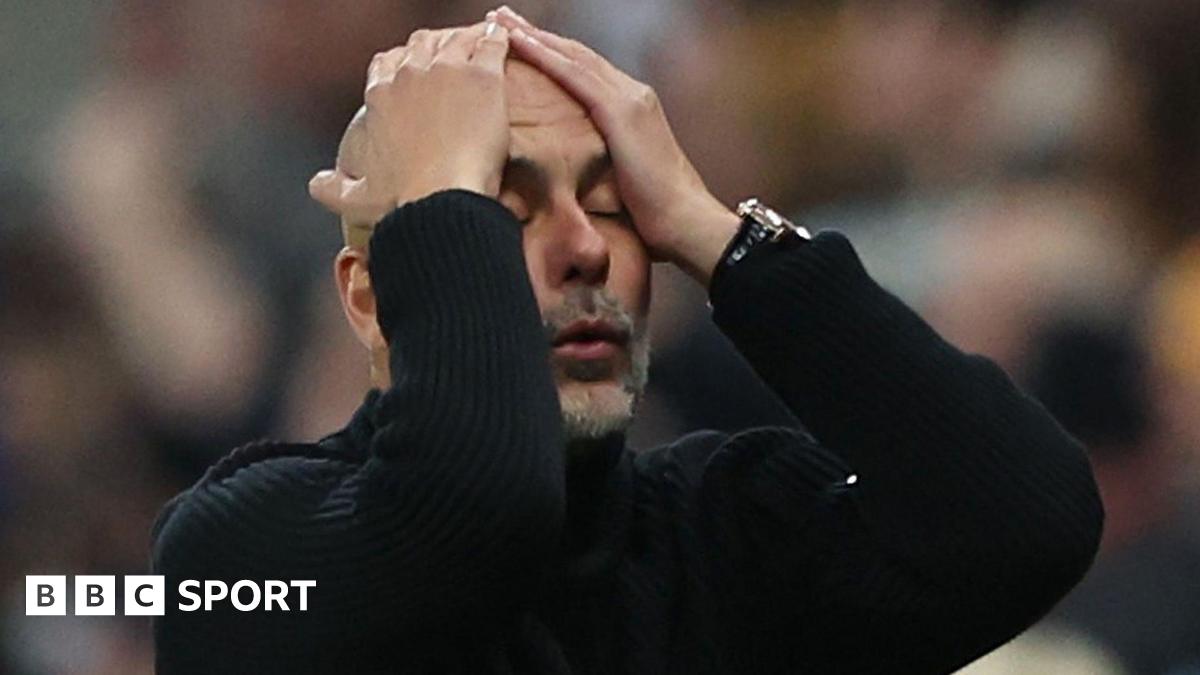Gather round, young workers. Let me tell you a story of what work was like in the olden days.
It might sound strange, but once upon a time people across the city would descend upon a central location at the same time, toiling away from Monday to Friday in a common space together.
Then, on the final afternoon of the last workday, a small ritual would occur in many workplaces.

After-work drinks are drying up, and it’s not just because we are working from home.Credit: Chris Hopkins
In some of them, platters laden with “chips and dips” would materialise on a large table near the kitchen. In others, a drinks cart would be wheeled between cubicles, offering cold drinks to weary workers. And, more often than not, a colleague would appear at your desk to invite you to the pub to digest the week’s events and swap upcoming plans for the weekend.
These historic vignettes are not from decades in the past, you only need to rewind your memory back to 2019 to remember them. For countless generations, workers celebrated the end of the week by heading to the local watering hole. Today, however, thanks in part to changing ways of working, WFH is killing Friday night drinks.
Loading
According to the Australian Bureau of Statistics, about 40 per cent of Australian employees now spend some of their week under hybrid arrangements, and it’s caused a drastic change to how we socialise.
The most common days to be in the office? Tuesday to Thursday. And the most likely days to work from home? Mondays and Fridays.
But it’s not all the fault of WFH, as there’s a perfect storm of trends that has led us to this moment. The first is a long-term shift of younger Australians away from alcohol.
Research from the Australian Institute of Health and Welfare found that, from 2007 to 2023, the proportion of young people aged 18 to 24 who don’t drink any alcohol rose from 13 to 23 per cent.
As some of the traditionally most eager participants in after-work drinks, this is having a big impact at the bar.
The second factor is the cost of living, with economic pressures adding up as going out becomes more expensive. When the price of everything increases, including the cost of a round of drinks, it decreases your ability to consume too many.
On top of this, our work cultures have also matured. The focus of socialising used to almost exclusively involve alcohol-heavy functions, but employees are now demanding different and better options. We no longer want to head to a pub just to sink beers with the boss, and expect more variety and creativity with how we connect.
The final nail in the coffin for Friday-night drinks is a sheer drop in numbers in the office on Fridays, with many hybrid workers preferring to spend the last day of the week in their homes, wrapping up work.
Loading
The small signs of hope for the hospitality industry are the dispersion of crowds into the suburbs and the rise of Thursday-night drinks instead. Credit card data from the UK shows that spending in central London now peaks on Thursdays, instead of Fridays as it did in 2019.
As we finish our eulogy for Friday-night drinks, we always need to remember the good times. There were new connections, office relationships, unexpected friendships and countless stories where you just had to be there.
Of course, you can still get all these benefits from people who you work with. Friday-night drinks may be dying, but it doesn’t mean that creating deeper connections with your colleagues has to as well.
Tim Duggan is author of Work Backwards: The Revolutionary Method to Work Smarter and Live Better. He writes a regular newsletter at timduggan.substack.com
Most Viewed in Business
Loading


















































